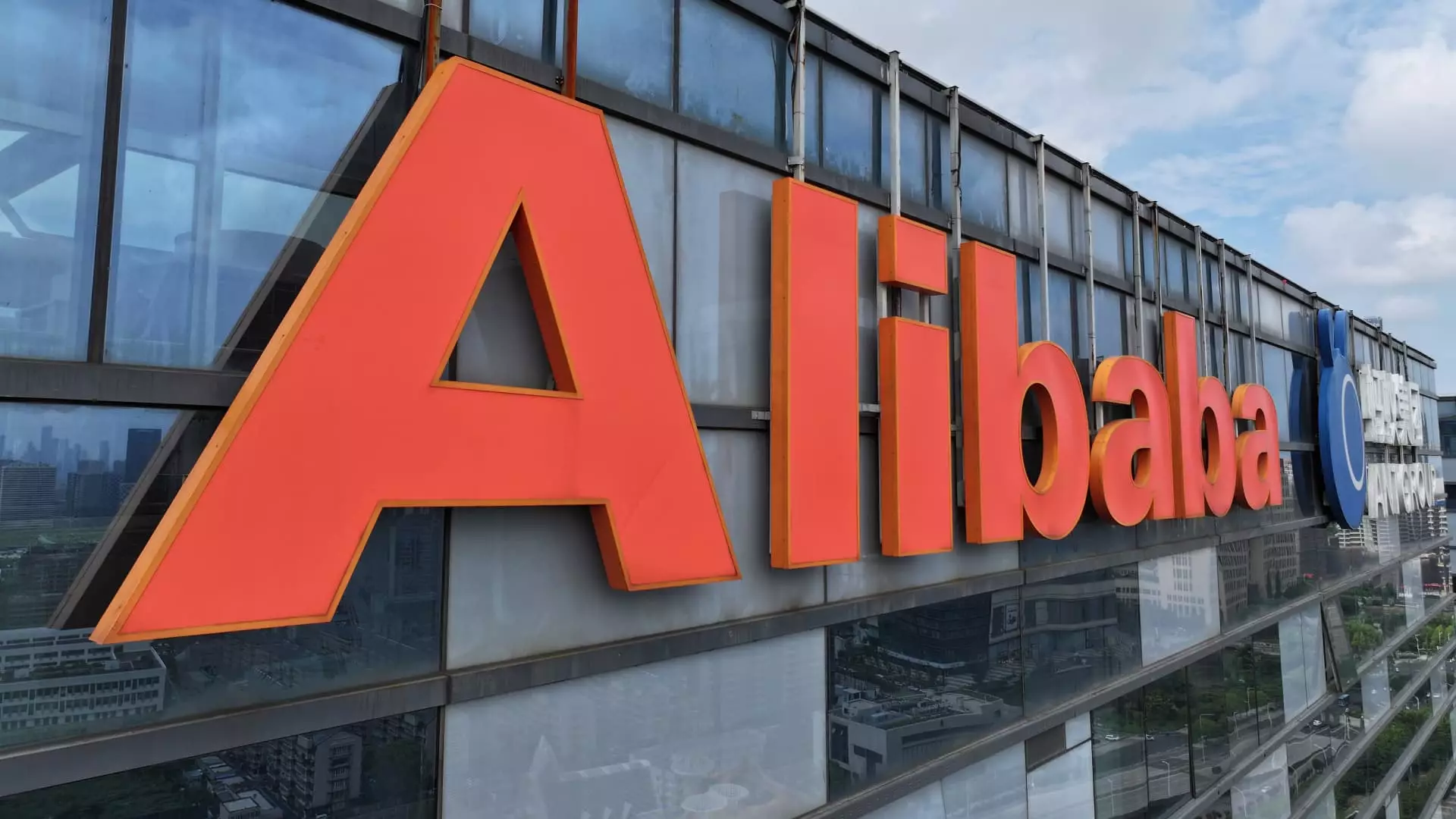Alibaba, the Chinese tech giant, has successfully completed a three-year regulatory “rectification” process imposed by China’s State Administration for Market Regulation (SAMR) following an antitrust fine in 2021. The company faced charges of monopolistic practices, resulting in a hefty fine of 18.23 billion yuan ($2.6 billion). The SAMR’s supervision focused on ensuring Alibaba’s compliance with antitrust regulations and putting an end to the controversial “choose one” policy that gave the tech giant unfair competitive advantages in the market.
Despite the regulatory challenges, Alibaba’s shares surged more than 3% in Friday morning trading following the announcement of the completion of the rectification process. The conclusion of this regulatory overhaul is seen as a positive development for Alibaba, signaling a fresh start and a renewed focus on compliance and innovation. Jefferies analysts noted that the regulatory process’s conclusion is a step in the right direction for the company, highlighting the importance of ensuring operational compliance in the long term.
The SAMR’s decision to guide Alibaba towards continued compliance and improved efficiency also reflects a potential shift in the regulatory stance towards private technology firms in China. Over the past few years, Chinese regulators have intensified their crackdown on tech companies, imposing stringent regulations on various aspects from antitrust to gaming. The regulatory scrutiny faced by Alibaba and its founder, Jack Ma, has been a significant challenge, with the company’s stock plummeting more than 70% from its peak in 2020.
While the completion of the regulatory process is a significant milestone for Alibaba, the company still faces challenges in its growth trajectory. Slow growth in the e-commerce sector in China, coupled with increased competition and cautious consumer sentiment, presents ongoing challenges for Alibaba. However, the tech giant has shown early signs of recovery, with cloud computing revenue picking up pace and e-commerce transactions remaining healthy in the June quarter. Alibaba’s ability to navigate these challenges and capitalize on emerging opportunities will determine its future success in the dynamic Chinese market.
The regulatory “rectification” process marks a new chapter for Alibaba, signaling a fresh start and a renewed commitment to compliance and innovation. As the company continues to navigate the evolving regulatory landscape in China and address market challenges, Alibaba’s ability to adapt and innovate will be crucial for its long-term success. With the regulatory hurdles behind it, Alibaba can now focus on leveraging its strengths and seizing opportunities for growth in the competitive Chinese market.

